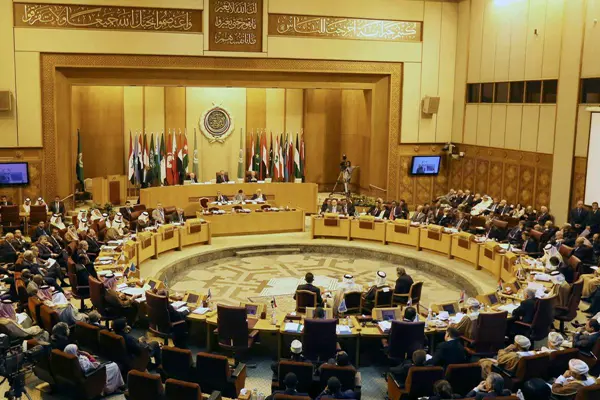China has Arab nations' support in its position on the South China Sea, said experts and scholars from Arab countries when commenting on the unilateral arbitration initiatives by the Philippines.
Manila has been unilaterally pressing ahead to bring a maritime dispute with China to an international tribunal since January 2013.
China has rejected this unlawful initiative and refused to take part in the process, or accept any of the arbitration results.
"The arbitration is apparently unlawful with China absent. This is common sense in international law," said former Egyptian Ambassador to China Mahmoud Allam.
The Philippines is trying to internationalize the issue, and ramp up pressure on China via the arbitration in hopes of forcing it into a certain compromise, said Allam.
His opinion was echoed by Yasser Gadallah, director of the Chinese-Egyptian Research Center at the Helwan University in Egypt. "An arbitration is made by a third party in the presence of both parties concerned, and its results have binding power only when both parties are willing to accept results as such," said Gadallah.
China and the Philippines, along with other members of the Association of Southeast Asian Nations (ASEAN), in 2002 signed the Declaration on the Conduct of Parties (DOC) in the South China Sea, which should serve as the political framework for solving the issue, said Gadallah.
"It's apparent that China and other relevant countries in the region have developed their own effective method in solving the problem through consultations," he said.
In a statement issued at a Ministerial Meeting of the China-Arab States Cooperation Forum in May, the participating Arab countries said they support China's efforts to peacefully resolve territorial and maritime differences with certain nations through friendly dialogue and negotiation.
They also stressed that the rights of sovereign nations as well as the UN Convention on the Law of the Sea (UNCLOS) signatories to choose how to solve their disputes should be respected.
"Arab countries appreciate China's stance in issues of territorial sovereignty," said Omar al-Hassan, director of the Gulf Center for Strategic Studies.
"Similar to the just opinions China has adopted on regional issues of the Arab world, China has Arab countries' support on the South China Sea arbitration," said Hassan.
Certain countries have always tried to get involved in other countries' affairs under the pretext of helping solve regional disputes, he said, adding that Arab countries and China should cling to their rights in choosing the way to solve any conflicts.
"Increasing attention to the South China Sea goes in parallel with the U.S. strategy of 'Pivot to the Asia-Pacific,' and it also serves Washington's plan of deploying an anti-missile system on the Korean Peninsula," said Allam.
"It is simply an excuse for the United States to tighten its grip on Asia and curb China's rise," he said.
The Philippines is widely known as a U.S. follower in Asia, and it has been a common ploy for Washington to gain access to a whole region with the support of a certain country, he said.
China should toughen its stance and keep any outsiders away from meddling in the issue, said the former ambassador.
(APD)
 简体中文
简体中文












